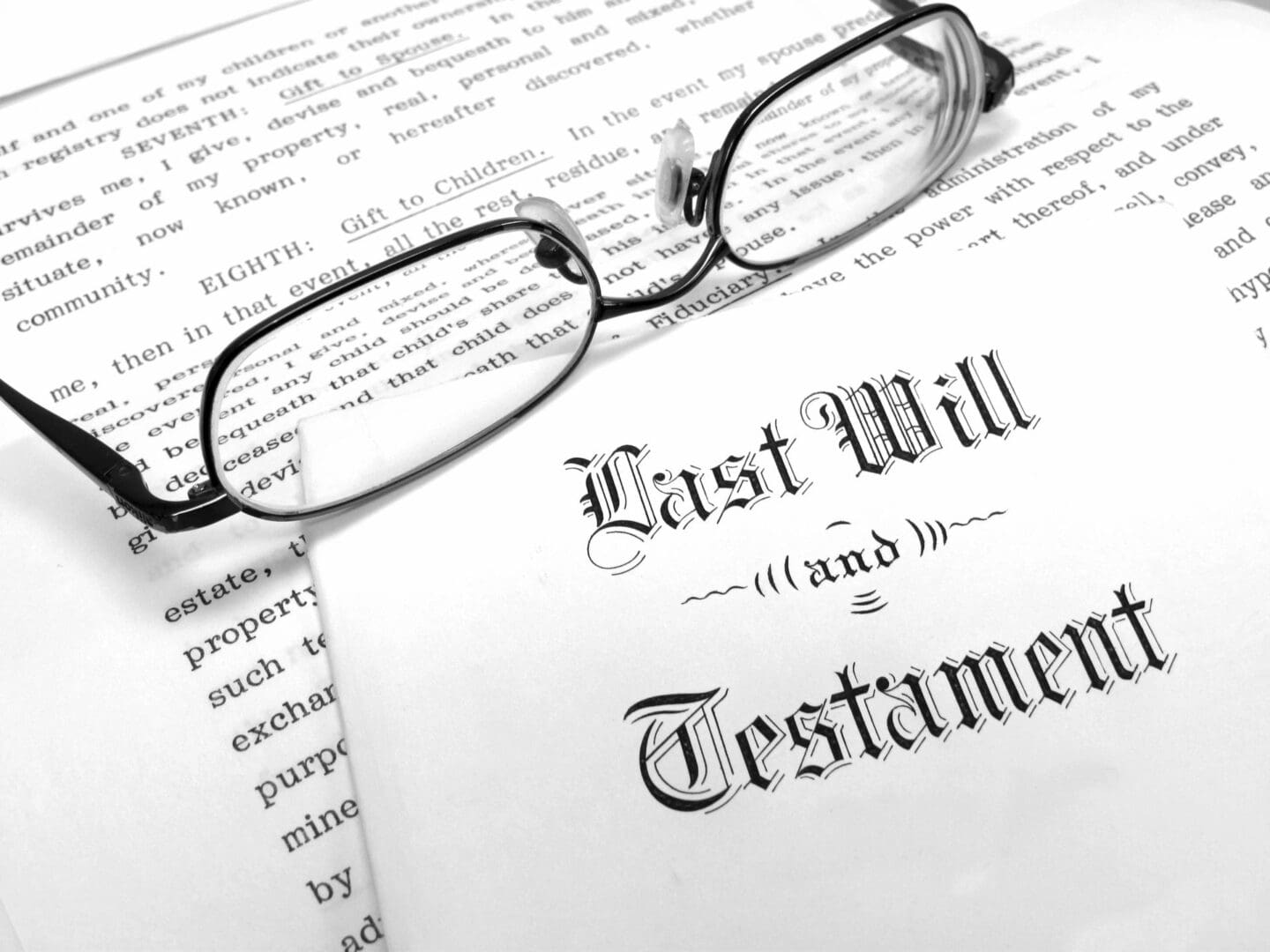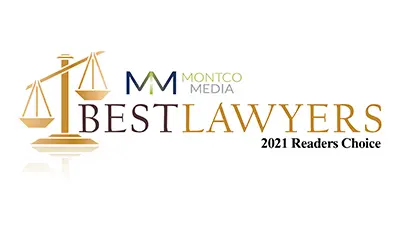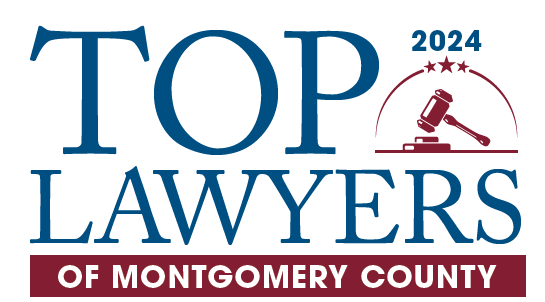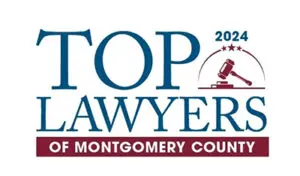When is It Necessary to Probate an Estate?
In Pennsylvania determining whether probate is necessary depends on several factors, including the nature and value of the deceased individual's assets, how those assets are titled, and where the assets are located. Here are some general guidelines to help you assess whether probate is required:
To determine whether probate is necessary in your specific situation, call the Law Offices of Carla Trongone to speak with an experienced probate attorney. We can evaluate the assets, debts, and other relevant factors involved in the estate and provide personalized guidance on the appropriate steps to take.

Understanding Probate v Non-Probate Assets in Pennsylvania
Welcome to our guide on probate vs. non-probate assets, designed to provide clarity on the legal distinctions between these two categories and help you navigate estate planning and administration in Pennsylvania.
Probate Assets: Probate assets are those that must go through the probate process upon the death of the owner before they can be transferred to heirs or beneficiaries. In Pennsylvania, probate assets typically include:

Non-probate Assets: Non-Probate assets are those that pass directly to designated beneficiaries upon the death of the owner and do not require probate proceedings. In Pennsylvania, Non-Probate assets may include:
How We Can Help
Navigating the complexities of probate and non-probate assets requires careful planning and consideration. Our experienced estate planning attorneys are here to assist you in developing a comprehensive estate plan tailored to your individual needs and goals.
Whether you're looking to minimize probate costs and delays, maximize asset protection, or ensure efficient asset distribution to your loved ones, we'll work closely with you to explore all available options and create a plan that meets your objectives.
Contact Us Today
If you have questions about probate vs. non-probate assets or need assistance with estate planning in Pennsylvania, don't hesitate to contact us. Schedule a consultation with our knowledgeable legal team to discuss your estate planning goals and explore how we can help you achieve peace of mind for the future. Call (215) 647-6800.
Executor Duties
An executor's main duty is to carry out the wishes and instructions outlined in a person's will after their death. This includes locating and managing all assets and liabilities, such as bank accounts, investments, and debts, and distributing them according to the deceased's wishes. The executor is responsible for filing necessary legal documents, paying any outstanding taxes or debts, and ensuring that the estate is settled in a fair and efficient manner. Additionally, the executor may also be responsible for handling any disputes or claims that may arise during the probate process.
Understanding Pennsylvania Inheritance Taxes
In Pennsylvania, the inheritance tax is a state tax imposed on the transfer of assets from a deceased individual's estate to their beneficiaries. Generally, this tax is imposed on both Probate and Non-Probate assets.
Who is Subject to the Inheritance Tax?
Tax Rates and Exemptions
Pennsylvania's inheritance tax rates vary depending on the relationship between the deceased individual and the beneficiary.
As of 2024, the tax rates generally are as follows:
Filing Requirements and Deadlines:

How We Can Help
Understanding and navigating Pennsylvania's inheritance tax laws can be complex, especially during a time of loss. Our experienced estate planning attorneys are here to provide guidance and support to executors, administrators, and beneficiaries throughout the inheritance tax process, including the preparation of the PA-1500 Inheritance Tax Return.
Contact Us Today
If you have questions about Pennsylvania inheritance tax or need assistance with estate planning and administration, don't hesitate to reach out. Schedule a consultation with our knowledgeable legal team to discuss your concerns and learn how we can help you navigate the complexities of inheritance tax law effectively and efficiently.
Call (215) 647-6800




